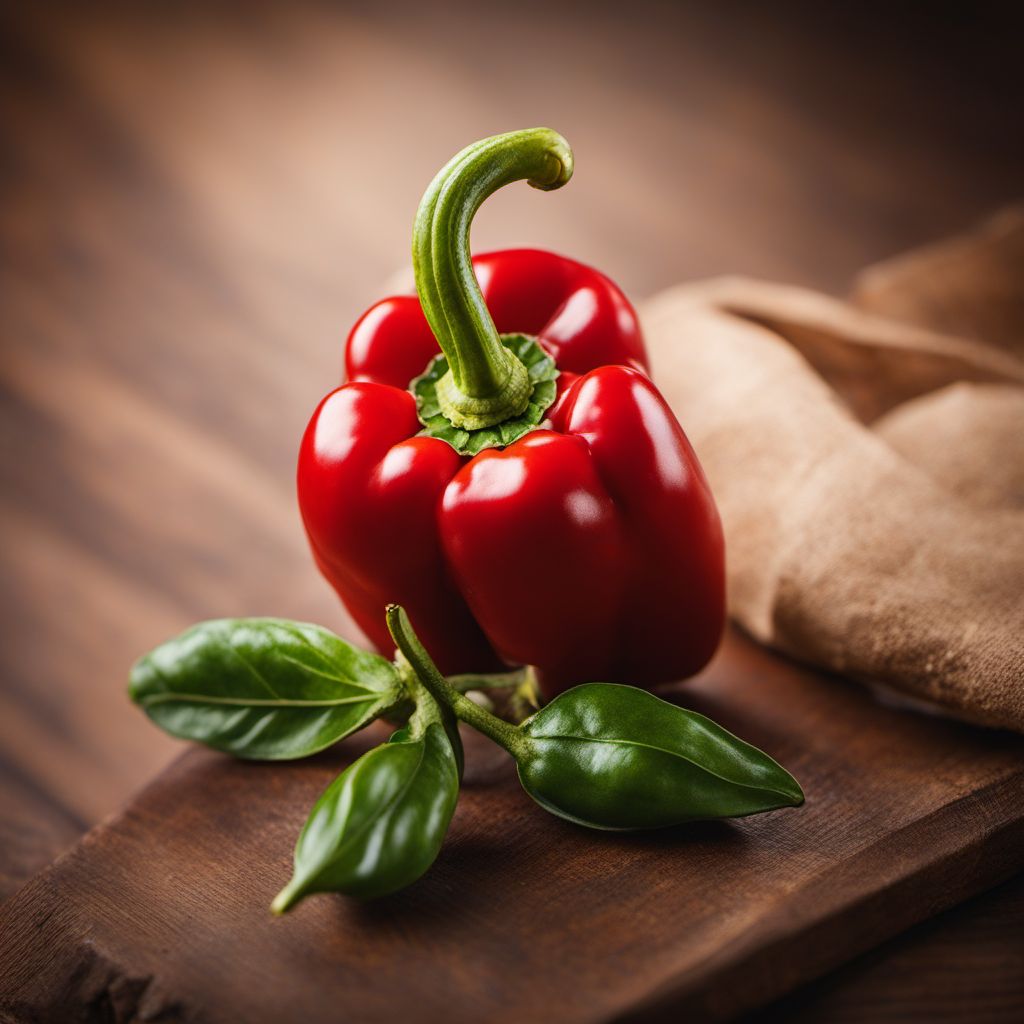
Ingredient
Pepper flavour
The Fiery Essence: Exploring the World of Pepper Flavour
Pepper flavour is characterized by its intense and spicy taste, which can range from mild to extremely hot depending on the variety. It adds a distinct heat and depth to dishes, making it a staple in many culinary traditions. The texture of pepper flavour can vary from coarse and granular to fine and powdery, depending on how it is processed. Its appearance can range from vibrant red to deep black, depending on the type of pepper used.
Origins and history
Pepper flavour has a rich history dating back thousands of years. It is believed to have originated in India, where it was highly valued for its medicinal properties and used as a form of currency. Pepper flavour quickly spread to other parts of the world, becoming a prized spice in ancient Rome and Greece. It played a significant role in the spice trade and was even used as a form of payment for taxes and rent. Today, pepper flavour is cultivated in various regions across the globe, including India, Indonesia, Vietnam, and Brazil.
Nutritional information
Pepper flavour is low in calories and fat, making it a great addition to a healthy diet. It is also a good source of vitamins A and C, as well as antioxidants that help boost the immune system and fight inflammation.
Allergens
There are no known allergens associated with pepper flavour.
How to select
When selecting pepper flavour, look for whole peppercorns that are firm, plump, and free from any signs of moisture or mold. The color of the peppercorns should be vibrant and uniform. Avoid purchasing pre-ground pepper flavour, as it tends to lose its flavor and aroma quickly. Opt for whole peppercorns and grind them as needed for the freshest taste.
Storage recommendations
To maintain the freshness and quality of pepper flavour, store it in an airtight container in a cool, dark place, away from direct sunlight and moisture. Whole peppercorns can retain their flavor for up to three years, while ground pepper flavour should be used within six months for optimal taste.
How to produce
Pepper flavour can be grown at home by planting peppercorn seeds or cuttings in well-draining soil. It requires a warm and humid climate, making it suitable for tropical or subtropical regions. Regular watering and proper pruning are essential for its growth and development.
Preparation tips
To use pepper flavour, grind the whole peppercorns using a pepper mill or mortar and pestle. It can be added to dishes during cooking or sprinkled on top as a finishing touch. Pepper flavour pairs well with a wide range of ingredients, including meats, vegetables, soups, sauces, and marinades. Experiment with different types of pepper flavour, such as black, white, or pink, to discover your preferred flavor profile.
Culinary uses
Pepper flavour is commonly used in a variety of dishes and cuisines worldwide. It is a staple in savory recipes, such as soups, stews, stir-fries, and marinades, where it adds heat and depth of flavor. It is also used in sweet recipes, such as fruit compotes, chocolate desserts, and spiced beverages, where it provides a subtle warmth and complexity.
Availability
Pepper flavour is widely available in grocery stores, supermarkets, and spice shops around the world. It is also cultivated in many countries, including India, Indonesia, Vietnam, Brazil, and Sri Lanka.
More ingredients from this category » Browse all

Pastry flavour
The Essence of Pastry: Unveiling the Flavorful World of Pastry Flavour
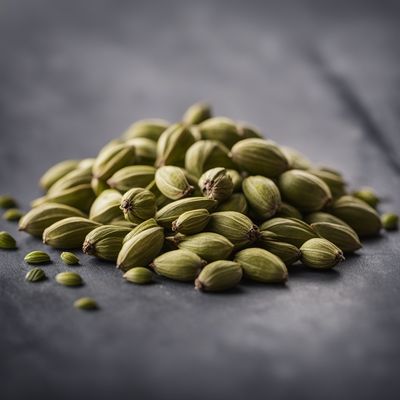
Cardamom flavour
"The Enchanting Essence: Unveiling the Magic of Cardamom Flavor"

Beef flavour
The Savory Essence: Beef Flavor
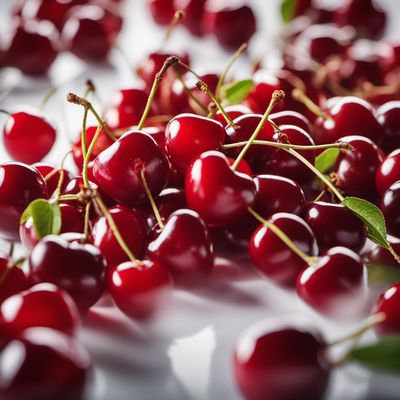
Amarena cherry flavour
The Sweet and Tangy Essence of Amarena Cherries

Feijoa flavour
The Exotic Essence: Unveiling the Enchanting Feijoa Flavor
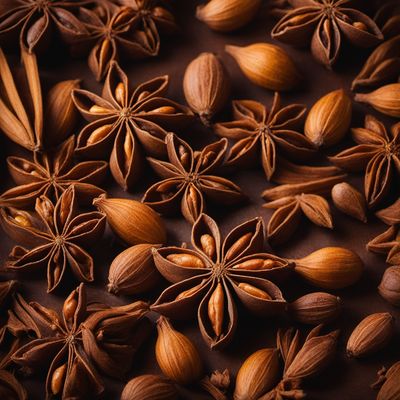
Anise flavour
Anise: The Licorice-Like Aromatic Herb
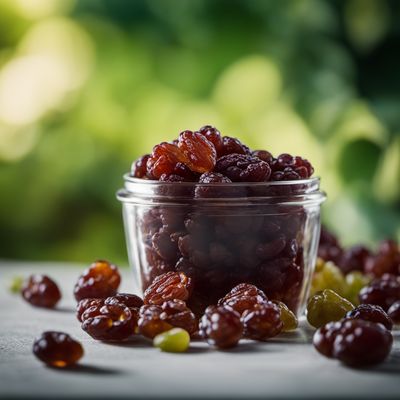
Malaga / raisins flavour
The Sweet Essence of Sun-Drenched Grapes
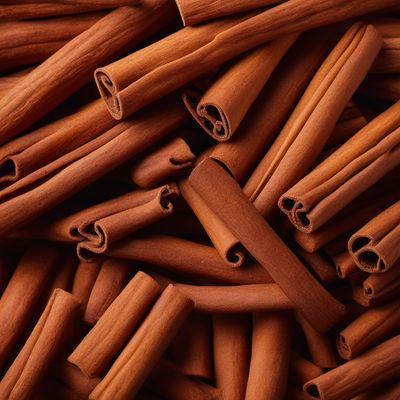
Cinnamon flavour
The Warm Embrace of Cinnamon

Roast flavour
The Essence of Savory Delight: Roast Flavour
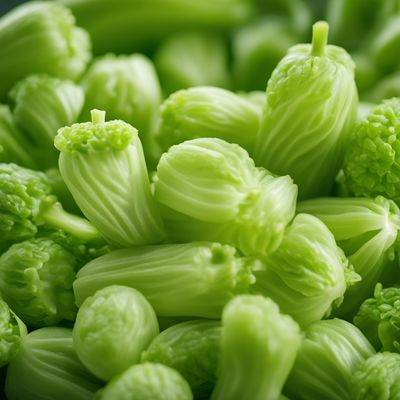
Celery flavour
"The Versatile Essence of Celery: Unleashing the Delicate Flavors"
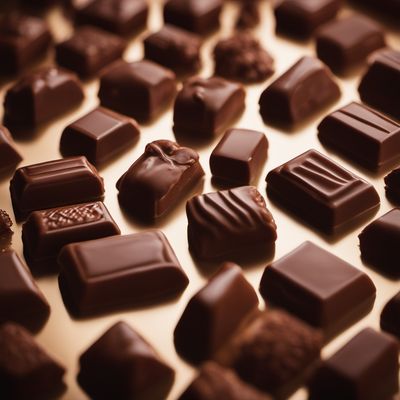
Chocolate dark flavour
Decadent Delight: Unveiling the Richness of Dark Chocolate

Cream flavour
The Essence of Cream